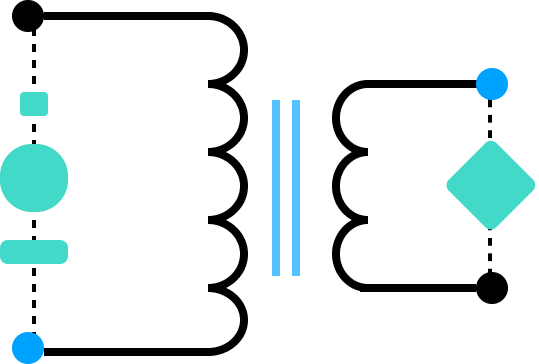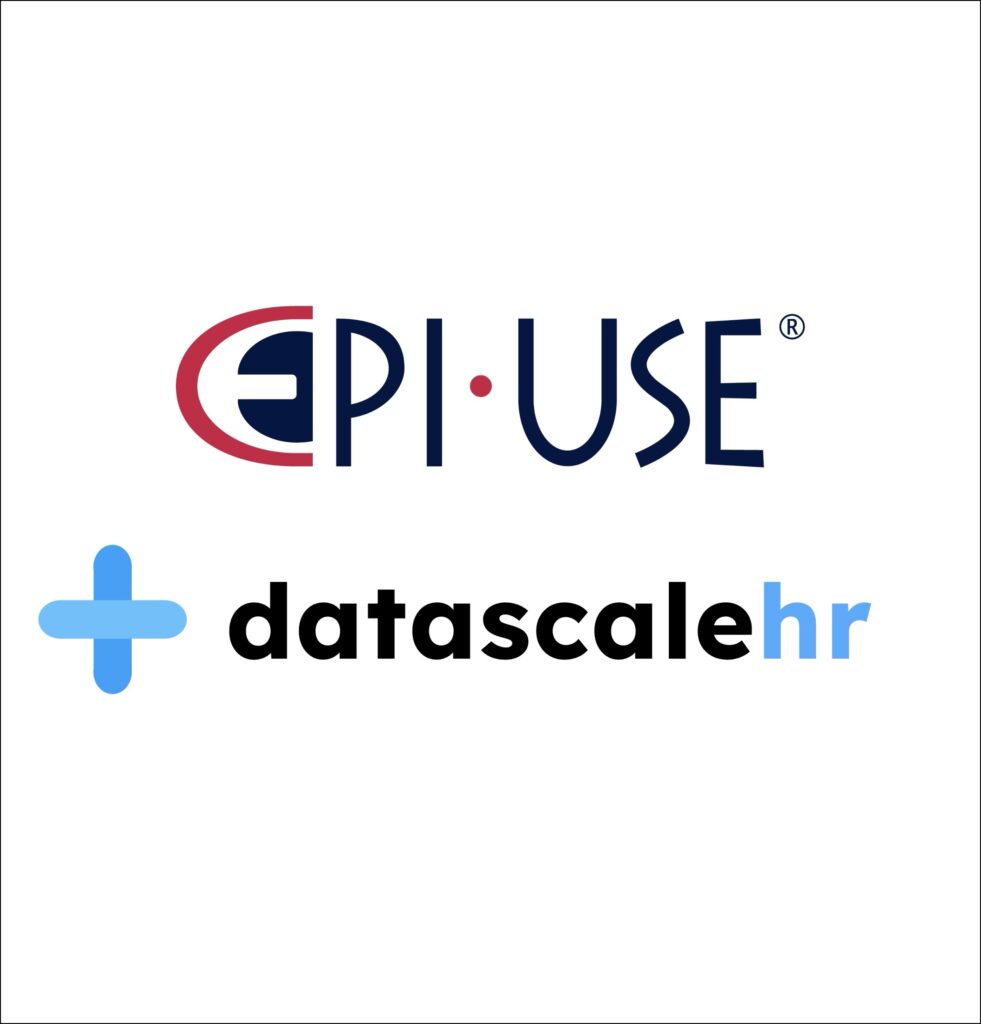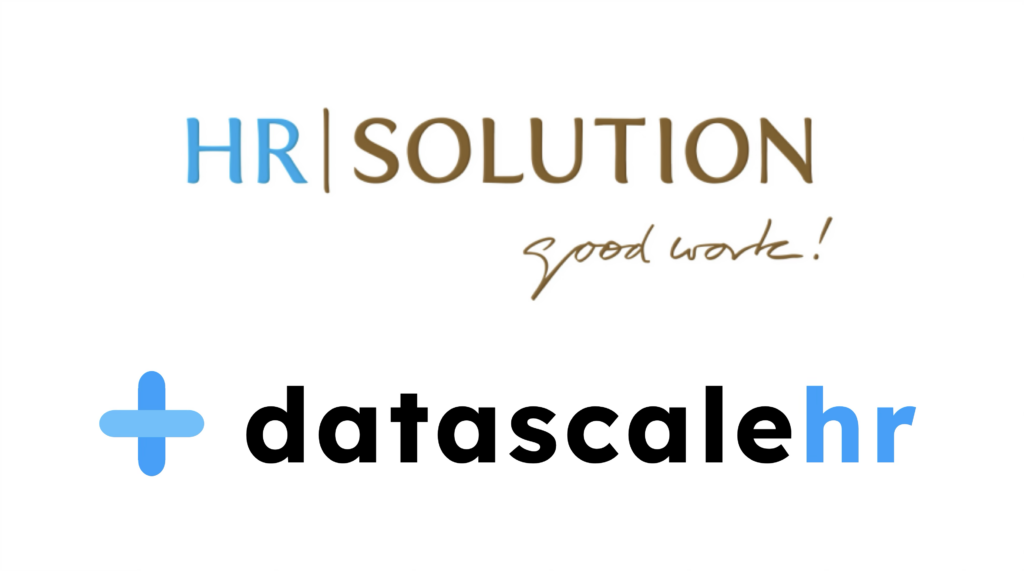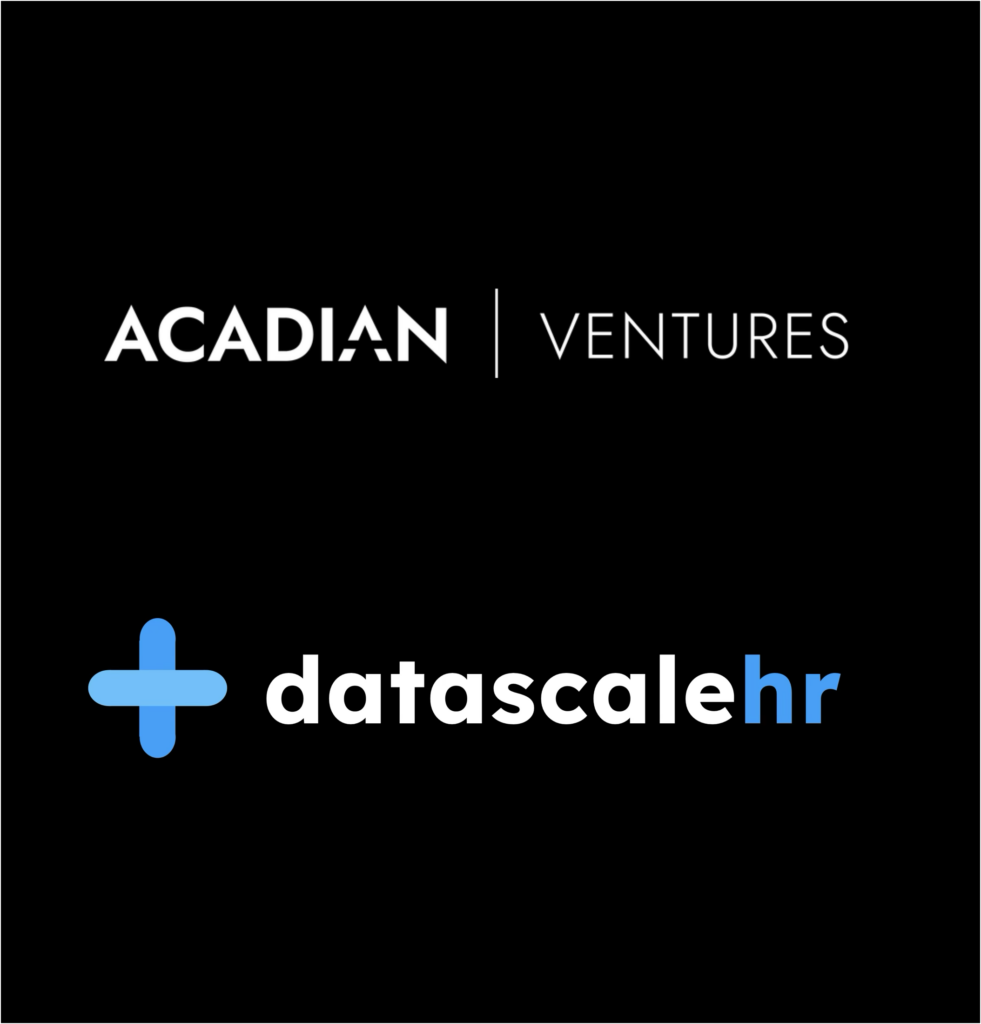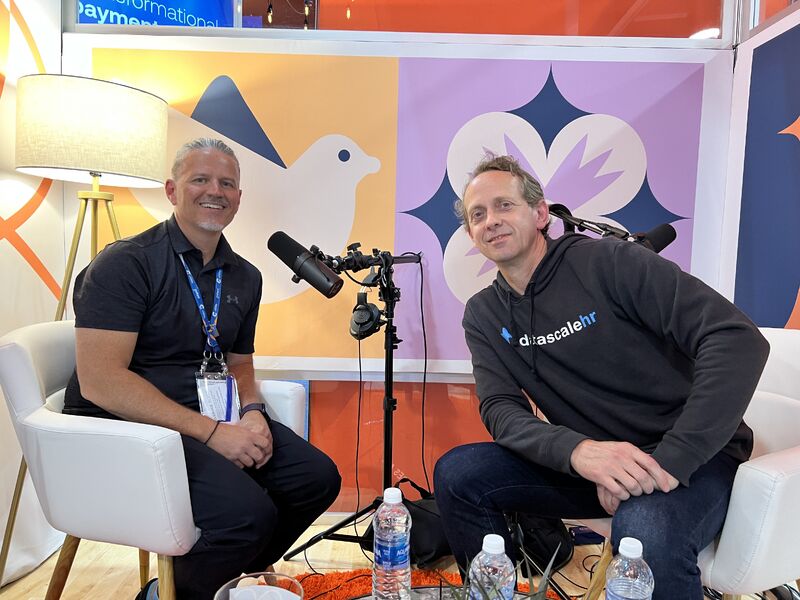datascalehr CEO and Co-Founder, Jerome Gouvernel, discusses global payroll challenges and opportunities on an episode of the HR & Payroll 2.0 podcast.
datascalehr CEO and Co-Founder, Jerome Gouvernel, recently joined payroll experts and hosts, Pete Tiliakos and Julie Fernandez, for a captivating episode of the HR & Payroll 2.0 podcast.
The three dove deep into global payroll and the air of mystery that surrounds it, breaking down everything from the shortcomings of a global payroll engine to how an emerging global payroll API is eradicating implementation time and costs completely.
If you love payroll, this episode is a must-listen. Discussion topics include:
- What Jerome enjoys most about the payroll industry
- Why a global payroll engine will never work
- The problem with system of records (and opportunity with aggregation models)
- The impact AI is going to have on payroll data management
- How datascalehr is solving the implementation problem in global payroll
And much, much more…
Highlights from Jerome
On what he enjoys most about the payroll industry
“I love the fact that it’s so difficult. I love the fact that it hides its complexity. You would think that it’s easy, and it’s not.”
“I love the cultural aspect of payroll. When we were doing GlobalView at ADP, we were doing 45 countries. You realize that a lot of the payroll rules and the way you think about paying people is deeply tied into the culture of the country.”
On why a global payroll engine will never work
“There are reusable components in payroll. In the same way that you can build a stove and use that same stove in any country in the world, you can do the same for payroll. You can reuse components that are reusable. But ultimately, the cooking itself is local.”
“You can do some standardization, of course. But the standardization that matters you can’t really do. Because the process of payroll is inherently different in every country. It’s not a technology problem—it’s a workflow problem. And if it’s not a technology problem, you’re not going to solve it with technology.”
“When you’re thinking about building a global payroll engine, you’re most likely doing so in North America or Western Europe. So you’re building a solution at high costs. But the majority of countries you’re going to be serving are lower-cost countries. So the economics just don’t work. So you can technically build a global payroll engine and you can localize it, but the volumes you’re going to need for it to be a profitable operation are absolutely enormous. I know this first-hand. I’ve worked for the biggest payroll operator in the world and we had the biggest volumes, and still we couldn’t make it work in some regions.”
On what makes a successful payroll service
“There are a lot of things you can standardize about payroll and that make sense to standardize. But ultimately, what makes a successful payroll service in a country is its ability to get it done according to local rules. Nobody cares about what technology you’re deploying. Nobody cares about standardization. The only thing that employees care about is getting paid correctly and on time—in that country.”
On the problem with system of records
“The problem with system of records is that they’re indirectly stifling innovation everywhere else. They’re setting this universal framework which makes sense for no one.”
On the opportunity with aggregation models
“An aggregation model makes more sense on so many levels. With machine learning and artificial intelligence, we now have the ability to analyze large sets of similar but unrelated data, and you can emerge order out of this chaos. So instead of trying to force everybody to use the same rules, standards, structures, and data model, let people do what they think is right, and then overlay that with an AI-based analysis and get your data out. Standardize your data model if you’d like, but do it on the way out—don’t get in the way of people building products. It’s a reporting problem, not a design problem.”
On datascalehr, how it works, and the massive problem it’s solving
“We spent three years of investment building this. Now, the result is: without any coding, our system is able to generate any connector—any API—from any source system to any target system and back. So in other words, it gets the data there, and then it gets the gross-to-net results back. And in the process, it does a full reconciliation. That is something that was not even feasible five years ago.”
“We are solving the implementation problem. Our clients have gone from months of implementation to hours. That is real.”
Listen now
Tune into the podcast via Apple Podcasts, Spotify, or wherever you get your podcasts.


